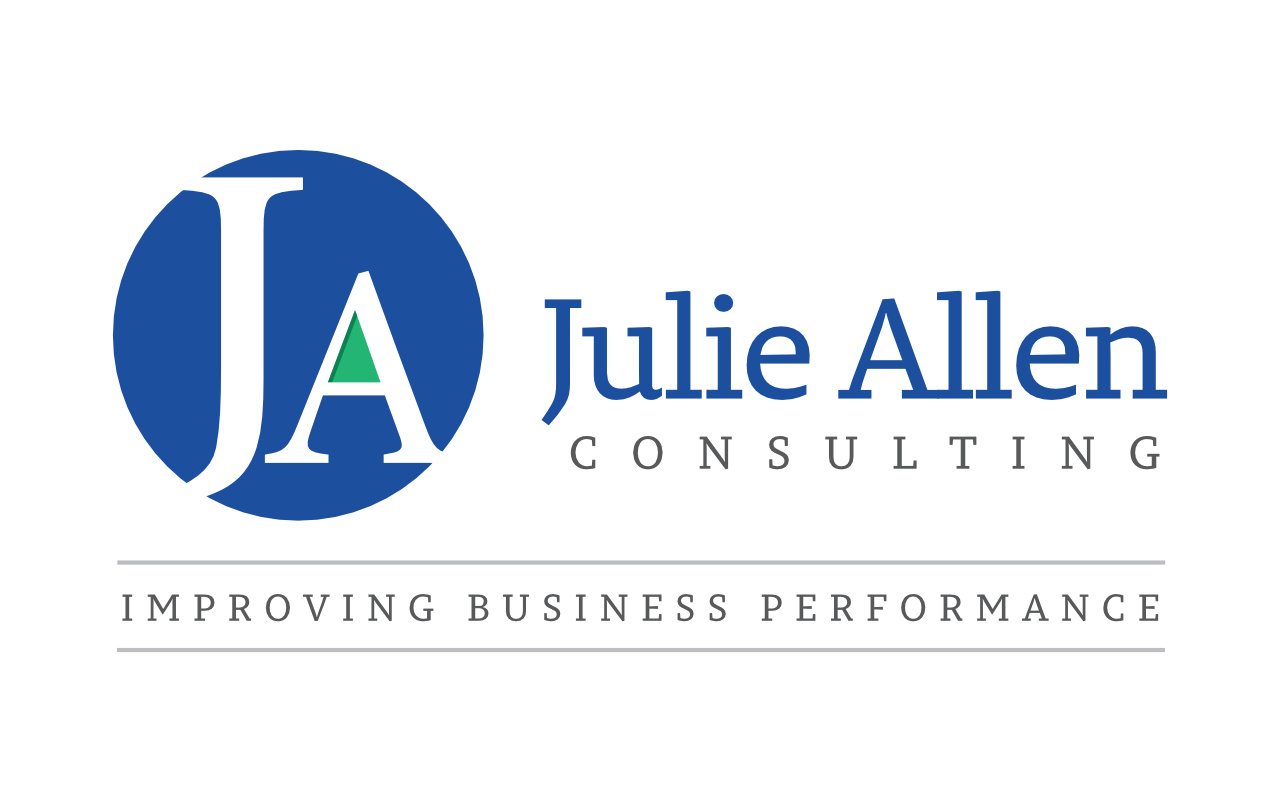International Stress Awareness Week
This year’s theme is Working Together to Build Resilience and Reduce Stress.
The Health and Safety Executive define stress as “the adverse reaction people have to excessive pressures or other types of demand placed on them”.
Gallup’s State of the Global Workplace Report 2022 highlights that stress is at an all-time high with 44% of employees experiencing stress.
The Effects of Stress
Our minds are designed to protect us from danger. What we see and hear in the external world flows through us to create internal experiences. When a threat is detected in the external world the fight or flight response will be activated releasing adrenaline and cortisol to help you escape from a dangerous situation. When the threat passes your body returns to normal but if you are experiencing stress over a longer period of time adrenaline and cortisol might be continuously produced.
Research tells us the long-term effects of stress can increase your probability of;
•high blood pressure
•weight gain
•anxiety
•heart attack
•stroke
•diabetes
Managing stress
I work from a respectful and non-judgemental point of view called the ACT Matrix, created by Dr. Kevin Polk, the goal of this is to improve psychological flexibility. Psychological flexibility is the ability for an individual to take action or behave in a way that brings satisfaction even in the presence of uncomfortable thoughts, feelings and experiences.
Research shows that psychological flexibility is the single most important skill for mental health and emotional well-being.
If you would like to improve your psychological flexibility and you have the opportunity you might draw two lines, four quadrants and ‘noticing’ in the middle. At the top of the vertical line, we have our five senses experiences: what we see, hear, touch, taste and smell and at the bottom of the line, we have internal experiences: thoughts, feelings, memories and sensations.
The horizontal line represents behaviours, ‘Approach behaviours’ bring us satisfaction and avoidance behaviours give us relief.
When we use the Matrix we start in the lower right-hand quadrant and move clockwise by asking:
Who is important to you?
You might include family, friends, work colleagues or pets.
What unwanted stuff shows up that you would prefer not to experience?
This could be stress, feeling under pressure, anxiety or feeling burnt out.
What do you do to get relief from this unwanted stuff?
This could be drinking caffeine, taking medication or alcohol, working longer hours or going for a walk or run.
What you could do to bring satisfaction in your approach towards who is important?
This could be talking to your wife, taking time for yourself, spending time with your children or taking the dog for a walk.
Workability
The question to consider in each of the four quadrants is – is this working for you? Does this contribute to living the kind of life you want to live?
Do you think you would have the opportunity over the next week or so to notice:
Who and what is important to you?
What unwanted stuff internal experiences show up that you would prefer not to experience?
What do you do to get relief from the unwanted stuff?
What could you do to bring satisfaction in your approach towards who is important?
Do you need further help?
If so, I offer a complimentary call to discuss your requirements and how we might work together.

